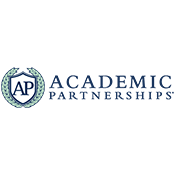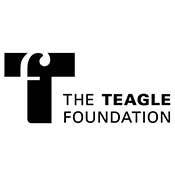2024 Annual Meeting
Presidents' Trust Symposium
The annual AAC&U Presidents’ Trust Symposium provides opportunities for chief executive officers to network with peers and engage with leading experts on the most pressing issues facing higher education. Participation in the symposium is open only to chief executive officers of colleges, universities, foundations, and associations, and invited guests.
The 2024 symposium was held in person as part of the AAC&U Annual Meeting. Sessions reflected on the knowledge, tools, and courage that presidents need to meet complex leadership challenges at their institutions, within higher education, and within our broader communities.

Recording Available
If you missed this opportunity to engage with other chief executive officers of colleges and universities on the most pressing issues facing higher education, you can access a recording of the program. The recording is free for members of the AAC&U Presidents’ Trust, and $300 for non-members.
Noon-12:30 p.m.
Buffet Lunch Available
12:30-1:00 p.m.
Welcome and Opening Remarks: Responding to the Burgeoning Criticism of Higher Education
The public and politicians are leveling a wide range of critiques at colleges and universities and their leaders, questioning the value of degrees, the employability of graduates, and perceived liberal bias, among other things. An all-too-common refrain from college officials is “we just need to tell our story better.” That may be a piece of the puzzle, but much more is required: acknowledgement that what the public needs and wants from higher education is changing, and that colleges and universities need to change what they do and how they do it in response.
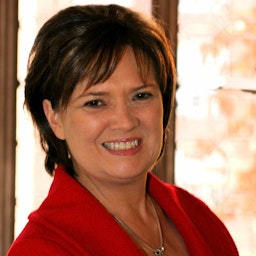
Welcome: Lynn Pasquerella
President, AAC&U
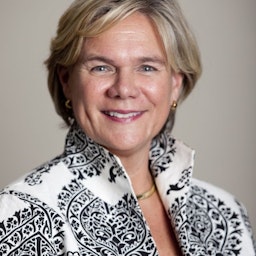
Welcome: Nancy Cable
Chair, AAC&U Presidents’ Trust; Executive Director, William R. Kenan, Jr. Charitable Trust
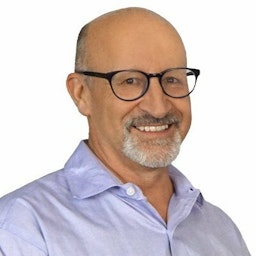
Remarks: Doug Lederman
Editor and Co-founder of Inside Higher Ed
1:00-2:15 p.m.
Studying Humanity’s Deepest Questions
Knowledge for Freedom programs reach students who have the talent and interest to pursue a liberal education in college but whose chances of doing so are limited by family circumstances, under-resourced high schools, and an incomplete understanding of what the college experience can be. Knowledge for Freedom programs invite underserved high school students to study humanity’s deepest questions about leading lives of purpose and civic responsibility. High school students who typically find themselves shut out from opportunities available to their more affluent peers are provided with a pathway to undertake college-level work in the humanities, to build meaningful relationships with college faculty and college students, who serve them as mentors, and to develop, through practice, civic skills with their peers.
Knowledge for Freedom programs dramatically improve college readiness, admission prospects, and college graduation rates, while building interest in humanistic writing and issues, as well as habits of civic engagement that persist during and after college. Panelists will discuss the implementation and impact (on both students and faculty) of Knowledge for Freedom programs on their campuses, and the imperative role of colleges and universities in opening up the opportunity for all students to think together about humanity’s deepest questions.

Moderator: Andrew Delbanco
President, The Teagle Foundation

Mary Dana Hinton
President, Hollins University
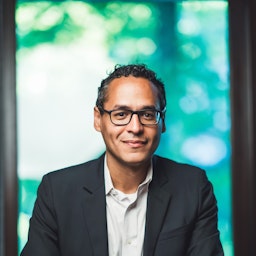
Roosevelt Montás
Director, Freedom and Citizenship Program, Columbia University
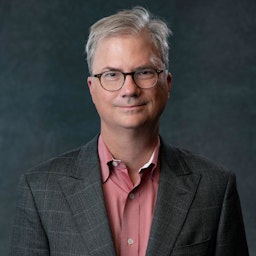
Holden Thorp
Editor-in-Chief, Science; Former Chancellor, University of North Carolina Chapel Hill
2:15-2:30 p.m.
Coffee Break
2:30-3:45 p.m.
Equity-Centered Leadership
In the US, there has been an unprecedented series of legislative intrusions into college and university curricula, programming, and budgeting. Virtually all higher education associations, including AAC&U, have denounced these legislative gag orders and directives, aimed at DEI, CRT, teaching the history of slavery, or the enduring issues of race and gender that divide the country.
The proliferation of government attempts to restrict what can be taught on college campuses and by whom has been joined by a series of setbacks posed by decisions from the US Supreme Court. These decisions gut previous precedents and impact medical education, admissions processes, and student loan debt.
Panelists will address the following questions:
- What can we do as a community of leaders to respond to the politicization of higher education?
- How do we tell the truth about DEI in higher education? Can we lead a narrative change?
- What can be learned from Historically Black Colleges and Universities?
- Can we apply those lessons to predominantly white institutions?
- What can be learned from community colleges? How do we as a community of leaders bolster their enrollment and support?

Moderator: Lynn Pasquerella
President, AAC&U
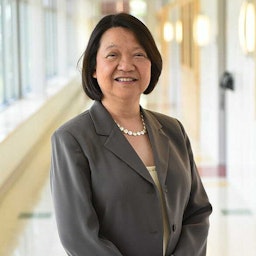
Pamela Eddinger
President, Bunker Hill Community College
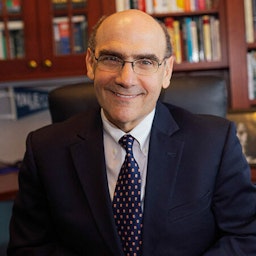
Robert Iuliano
President, Gettysburg College
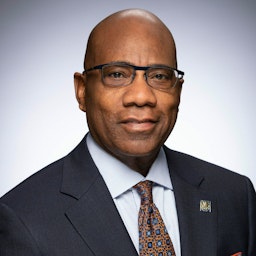
David Wilson
President, Morgan State University
3:45-5:00 p.m.
Leading with Longevity
It's not difficult to find stories of failed college and university presidencies. Books, articles, and local media outlets provide meticulous postmortems of brief leadership tenures; presidencies fraught with conflict, misalignment, shared governance issues, and moral failings. There are many presidents, though, who beat the odds of the national tenure average, leading campuses successfully for years through challenge and success alike. Credo is examining the personal and professional conditions in which a leader can stay and flourish, hoping to answer the question: how do presidents thrive in their roles over time, and how can those considering a presidency or serving in the early years of a presidency build a path to leadership longevity with intention?
In this panel discussion, participants will examine an emerging framework for leading with longevity in higher education and hear from successful leaders about their leadership experience and learnings.
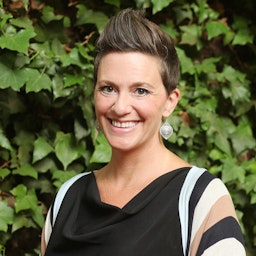
Moderator: Emma Jones
Executive Vice President and Owner, Credo

Jonathan Alger
President, James Madison University
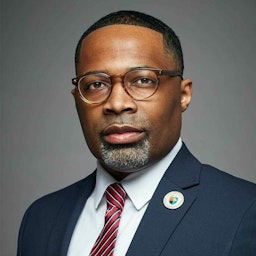
Larry Johnson
President, Stella and Charles Guttman Community College

Suzanne Rivera
President, Macalester College
About the Presidents' Trust
Attendance at the 2024 Presidents’ Trust Symposium is free for members of the Presidents’ Trust, a network of higher education leaders who advance the vision, values, and practices that connect liberal education with the needs of an increasingly diverse student body, a global workforce, and thriving communities.
